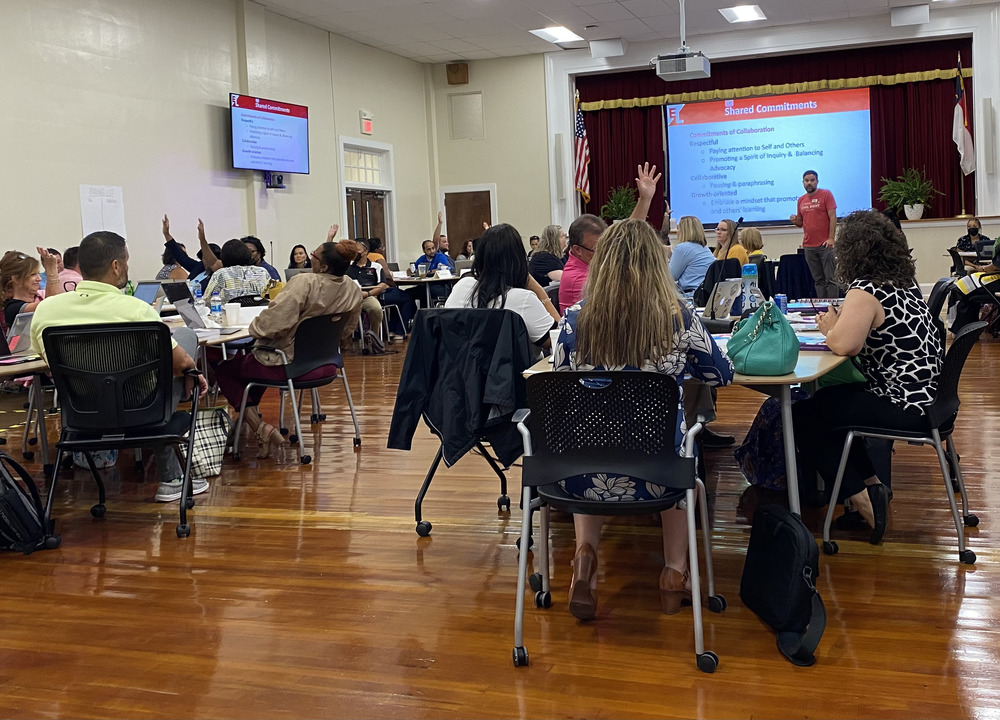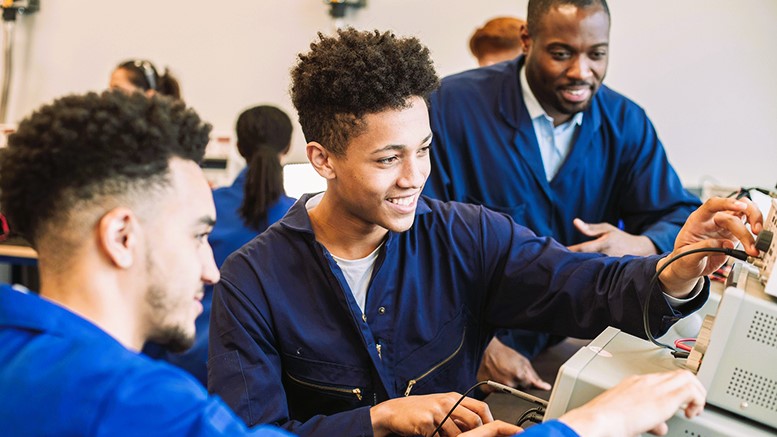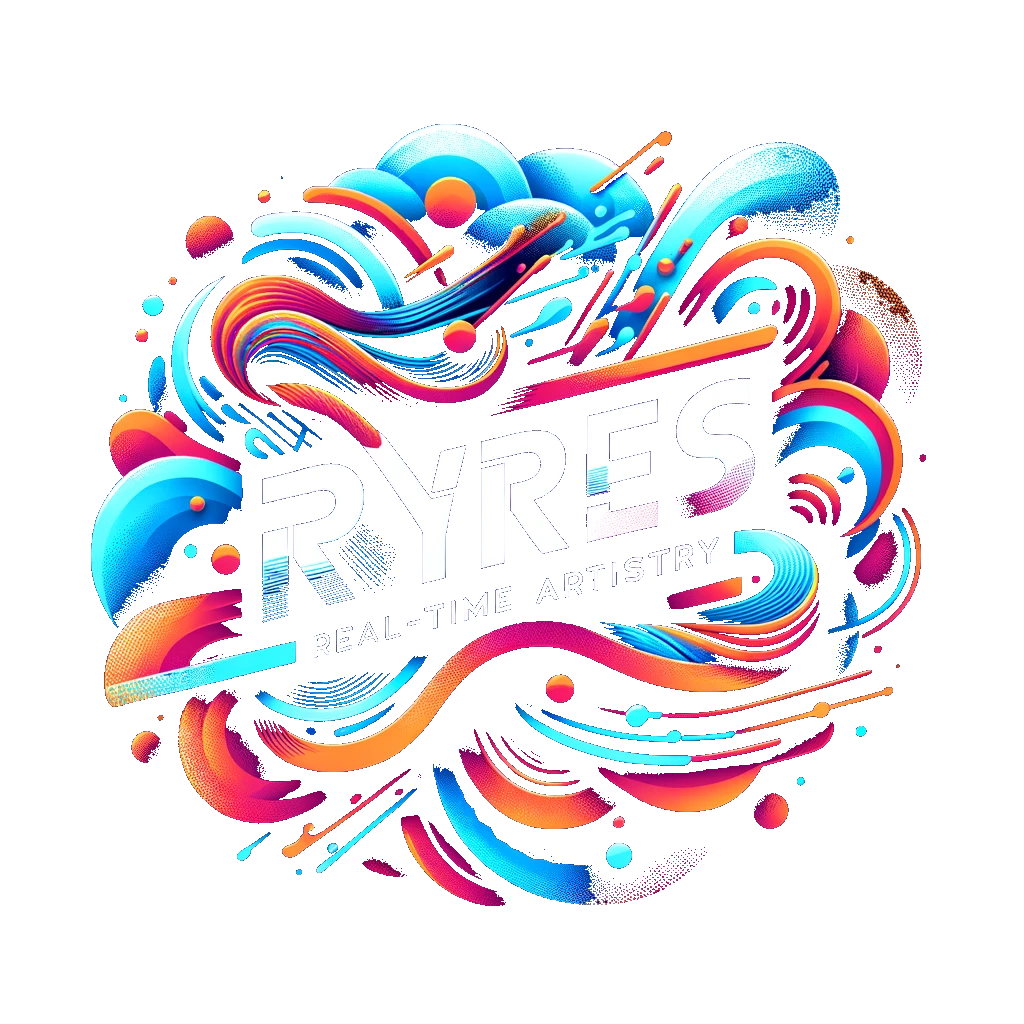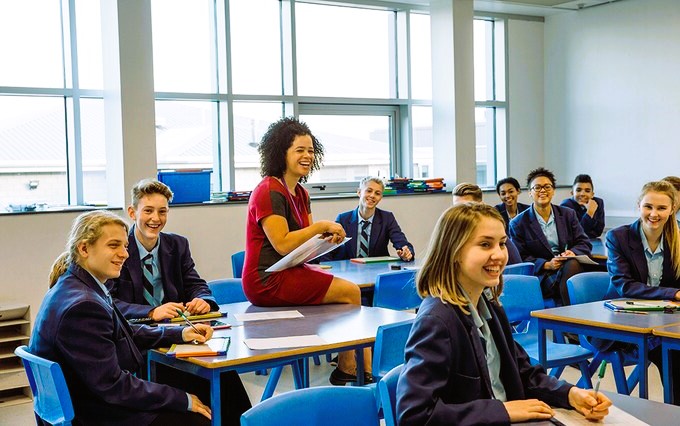In the fast-paced and ever-evolving realm of media, the journey from classroom education to a successful career is both thrilling and demanding. The Ryers ON School of Media (RTA) stands as a beacon, guiding students through a comprehensive and innovative curriculum designed to bridge the gap between academia and the dynamic media industry. This article explores how RTA prepares its students for the challenges and opportunities awaiting them in the diverse and competitive world of media.
The Foundations of RTA:
Established with a vision to nurture creative minds and produce industry-ready professionals, RTA lays strong foundations for students to thrive in the media landscape. The curriculum is crafted to encompass both theoretical knowledge and hands-on practical experiences, ensuring that students graduate with a well-rounded skill set.
Hands-On Learning:
RTA places a significant emphasis on experiential learning, recognizing that practical experience is paramount in the media industry. Students engage in hands-on projects, working with cutting-edge equipment and technologies that mirror real-world media environments. From producing films and documentaries to creating multimedia content, RTA students are actively involved in every aspect of the media production process.
Industry-Connected Faculty:

The faculty at RTA is not just comprised of educators but industry professionals who bring a wealth of practical experience to the classroom. This connection to the industry ensures that students are exposed to the latest trends, technologies, and best practices. Faculty members serve as mentors, guiding students through the nuances of media production and providing invaluable insights into the professional landscape.
Media Production Facilities:
RTA boasts state-of-the-art media production facilities that mirror industry standards. From fully equipped studios to cutting-edge editing suites, students have access to the tools and technologies utilized by professionals in the field. This exposure not only enhances technical skills but also instills confidence in students to navigate the complexities of a media production environment. Did you like the article? We recommend reading Interactive Learning: The Role of Technology in Media Classrooms.
Industry Partnerships and Internships:
One of the distinguishing features of RTA is its extensive network of industry partnerships. The school collaborates with leading media organizations, providing students with opportunities for internships, co-op placements, and real-world projects. This direct engagement with the industry allows students to apply their classroom knowledge in professional settings, fostering a seamless transition from academia to practical work experience.
Specialized Programs:
RTA offers specialized programs that cater to various facets of the media industry. Whether it’s the New Media (BFA) program, Sport Media (BA), or Media Production (BA), each program is meticulously designed to prepare students for specific roles and challenges within the media landscape. The tailored approach ensures that graduates possess the skills and expertise demanded by their chosen field.
Media Entrepreneurship:
Recognizing the evolving nature of the media industry, RTA places a strong emphasis on media entrepreneurship. Students are encouraged to explore innovative ideas, develop business acumen, and understand the entrepreneurial aspects of the media world. This forward-thinking approach equips graduates with the mindset to navigate a rapidly changing industry and even carve their own paths.
Networking and Alumni Engagement:
RTA understands the importance of networking in the media world. The school actively facilitates networking opportunities, bringing students in contact with industry professionals, alumni, and potential employers. Alumni engagement is particularly robust, with successful graduates often returning to share their experiences, provide guidance, and even offer job opportunities to the next generation of RTA professionals.
Global Perspectives:

The media landscape is inherently global, and RTA ensures that its students are exposed to diverse perspectives. Whether through international collaborations, study abroad programs, or exposure to global media trends, students at RTA gain insights that extend beyond regional boundaries, preparing them for careers in a connected and globalized industry.
Standardization in Media Education:
To ensure that its programs meet international standards, RTA aligns with recognized frameworks and guidelines. Wikipedia’s article on Media Education provides insights into global standards and practices, offering a comprehensive overview of the principles guiding media education. Additionally, Canada.ca serves as a resource for understanding Canadian regulations and standards in education.
Looking Ahead:
As students graduate from RTA, they carry with them not just a degree but a robust set of skills, experiences, and a mindset that prepares them for success in the media world. The journey from classroom to career is facilitated by a combination of theoretical knowledge, practical experiences, industry connections, and a forward-thinking approach that positions RTA graduates as leaders and innovators in the dynamic field of media. The school’s commitment to excellence ensures that RTA alumni not only contribute to but also shape the future of the media industry.




